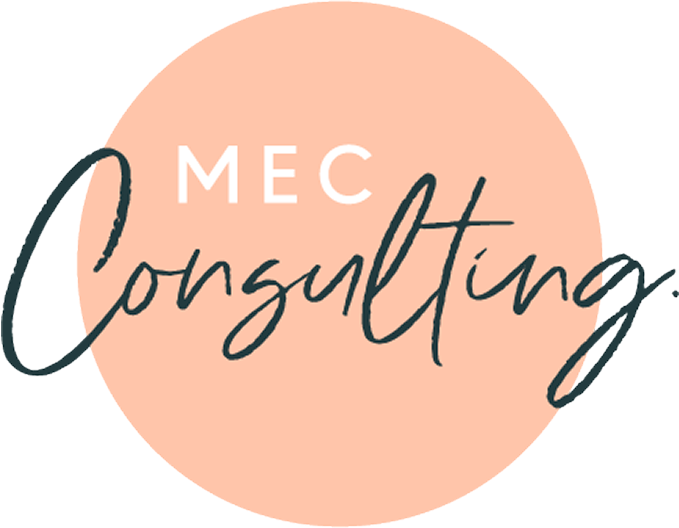Poorly managed change isn’t just inconvenient — it’s dangerous. Regulators are now cracking down on organisations that fail their duty of care to manage psychosocial hazards, with penalties that can reach into the millions.
In September 2025, SafeWork NSW issued a prohibition notice to the University of Technology Sydney, pausing a major round of proposed job cuts. Why? Because the restructure created a “serious and imminent risk of psychological harm” for staff. The regulator specifically called out the lack of consultation and the way change was being pushed through without proper support… classic hallmarks of poor organisational change.
This is not an isolated case. In Victoria, Court Services Victoria was fined $380,000 after years of toxic workplace culture at the Coroners Court, fuelled by excessive workloads and ignored complaints; and in WA, the Department of Justice faces up to $3.5 million in fines for failing to manage psychosocial risks.
These cases are a wake-up call: poor change management isn’t just bad for morale. It creates hazards, damages wellbeing, and exposes organisations to legal and reputational damage.
What are psychosocial hazards, and your obligations?
Psychosocial hazards are about more than compliance, they touch directly on wellbeing, engagement, and productivity. Under Australian workplace health and safety laws, organisations are expected to identify, manage, and reduce these risks as part of their duty of care.
During periods of change, psychosocial hazards often emerge through:
- Unclear roles or confusion after restructures
- Increased workloads during transition periods
- Loss of control when decisions are made without consultation
- Fear and uncertainty about jobs and expectations
When organisations recognise these obligations and act early, they not only reduce risk but also build trust and protect culture. Managed well, change becomes an opportunity to strengthen resilience and create shared ownership, rather than fuelling resistance and stress. Learn more here.
Why MEC Consulting can reduce your risk profile
At MEC Consulting, we understand that change is never just about systems or structures — it’s always about people. Poorly managed change can create psychosocial hazards, but with the right support, it becomes an opportunity to strengthen culture, resilience, employee wellbeing and performance.
As a specialist change management consultancy in Brisbane (and Hobart), we help organisations reduce their risk profile by embedding practices that protect wellbeing and build confidence at every stage of change. Our change management approach combines proven methodologies with a human touch, ensuring your people feel supported and your business meets its legal and cultural obligations.
That can mean:
- Consultation that invites staff into the process early
- Clear communication that removes confusion and builds trust
- Leadership support that paces change and reduces overload
- Training and resources that build competence and confidence
- Monitoring and feedback to keep a pulse on wellbeing as change unfolds
This isn’t just about avoiding harm — it’s about creating healthier, more connected workplaces.
An example: Managing redundancies with care
A few years back, we worked with a major energy distributor on a redundancy program where the potential for psychosocial hazards was high. Roles were being reshaped, some staff were leaving, and those staying behind were uncertain about their future.
Rather than letting fear and rumours take hold, we designed a careful, people-centred approach to reduce risk and support wellbeing at every stage:
- Preparation and manager briefings: We trained and briefed leaders in advance on how to have respectful, compassionate conversations with staff.
- Timing and coordination: We coordinated communications and conversations so that no one found out via rumours or mistakes. Everyone heard what they needed to hear, directly and clearly, and at the exact right time.
- Support for impacted staff: Those leaving were given a lot of support, from career transition services to wellbeing resources.
- Support for those who remained: We recognised that “survivor guilt” and uncertainty were real hazards. Teams were given space to talk, ask questions, and re-establish trust in their leaders.
By anticipating where psychosocial risks could emerge — confusion, fear, overload, isolation — and putting safeguards in place, we reduced the risk of harm, strengthened trust, and helped the organisation move forward without becoming a headline story.
Let us help!
Every organisation is legally and ethically responsible for managing psychosocial hazards. Failing to do so risks not only fines and enforcement action, but also lasting reputational harm that impacts attraction, retention, and trust.
Change is inevitable. Harm doesn’t have to be. By embedding strong change management practices, your organisation can prevent psychosocial hazards from arising, meet your duty of care, and unlock higher trust, better collaboration, and long-term success.
👉 Get in touch today to explore how MEC Consulting’s change management consultancy in Brisbane can help you turn change into a catalyst for positive culture and performance.


